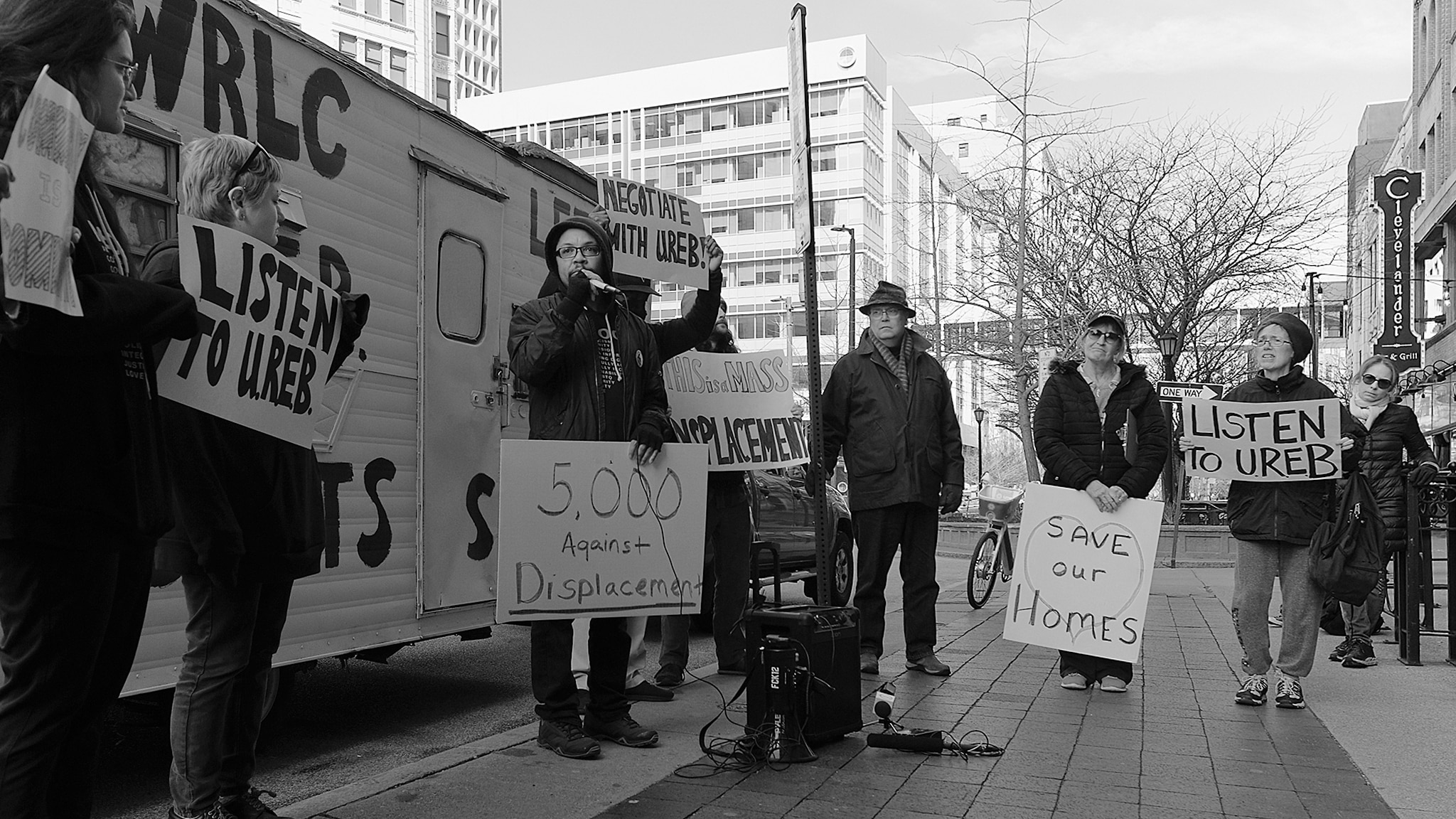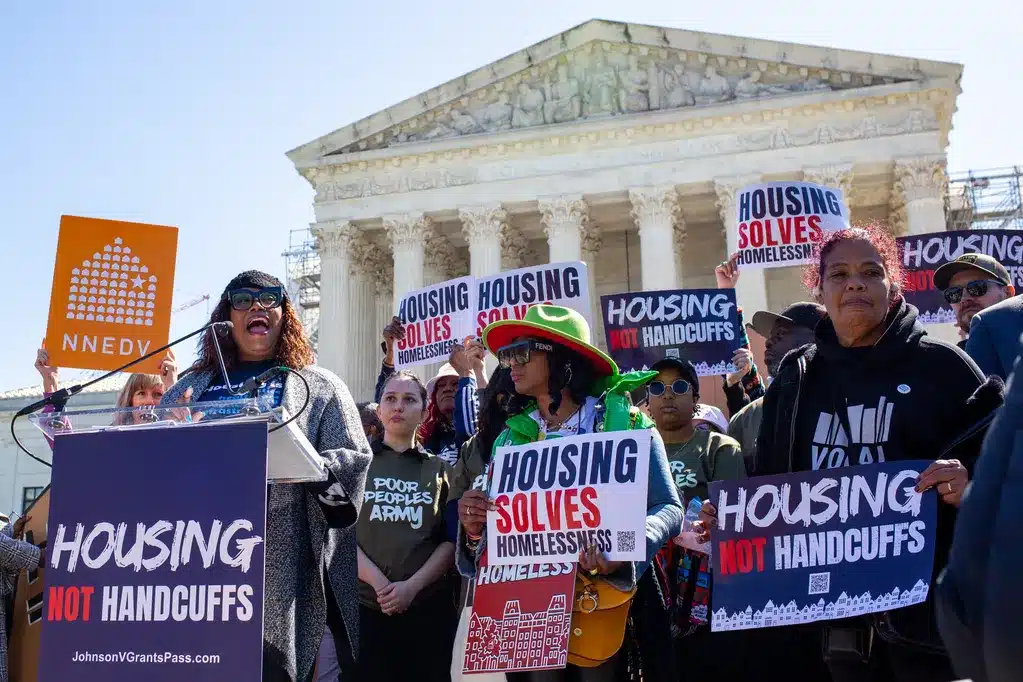Congressional action is hard these days. Last year, Congress came close, but failed, to passing significant reforms to bankruptcy rules that would have allowed judges to treat primary residence mortgages the same way they treat vacation homes and virtually all other assets. This policy would have given banks an incentive to pursue modifications rather than risk how a court’s decision to modify the mortgage terms.
But recently, another attempt by lawmakers is taking hold in the form of a bipartisan plan proposed by Sen. Jeff Merkley (D-Ore.) and Sen. Olympia Snowe to create a level playing field for families as they negotiate with their lenders. This legislation would require banks and other mortgage servicers to create a single point of contact for borrowers, end the dual track process of foreclosing while homeowners are still negotiating modifications, and allow homeowners the right to an independent, third-party review before sending them to foreclosure. These steps would go a long way to reforming the mortgage servicer industry in meaningful ways.
These are such good ideas that they should be incorporated into the ongoing negotiations between the big banks and state attorneys general to reach a settlement that avoids future litigation over robo-signing and other widespread fraud by lenders and mortgage servicers that has led to foreclosures that should have and could have been avoided. The banks and their servicers appear to be on the hook for some serious cash. A recent offer of $5 billion was reported in the press, but the stakes may be substantially higher. Georgetown law professor Adam Levitin recently estimated that the mortgage servicers saved at least $25 billion by failing to comply with the law. Issuing a fine for this amount would only be a claw back of wrongful profits (albeit one of the largest consumer frauds in U.S. history).
And when resources are eventually turned over to the public sector as a part of the settlement, they should be used to both compensate the victims of the fraud and keep as many families in their homes as possible so the situation does not get worse. Several efforts should be pursued simultaneously. Since home prices are unlikely to re-inflate anytime soon (and it would be dangerous if they did), we should pursue as a matter of policy a wide-scale reduction in the amount of principal owed on underwater mortgages. Principal reductions bring mortgages in line with market conditions and will help stabilize communities and families alike.
States should also be expanding programs that facilitate a mediation process where homeowners and lenders can meet in the presence of a neutral third party to discuss new mortgage terms. A mortgage modification is often feasible and offers both sides a better outcome than foreclosure. Alon Cohen, of the Center for American Progress, has documented how a number of states have created and recently expanded effective foreclosure mediation programs. At this point, mediation has a proven track record of success, yet even successful programs are being curtailed by limited resources.
Once the settlement talks generate a final dollar amount, a significant portion of these funds should be explicitly earmarked to support these foreclosure mitigation efforts. These are some of the reasons why the attorney generals should not settle prematurely but make sure they get the best deal for the taxpayers and the families they represent. And the banks should appreciate that part of the money they turn over can be used to minimize additional losses they might incur if an unabated wave of foreclosures continues to unfold. Although it may be hard for the banks to release these funds, states can make sure that it becomes money well spent.




Comments